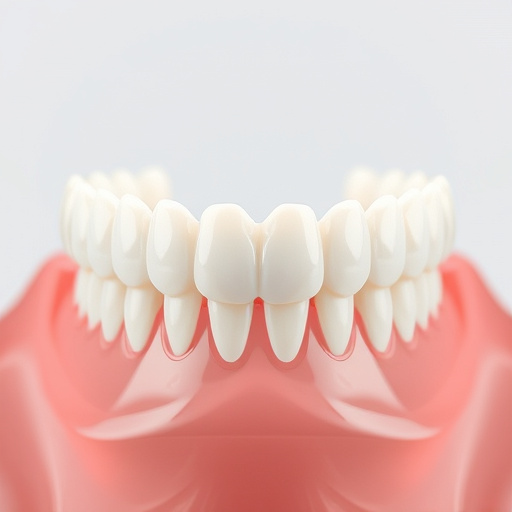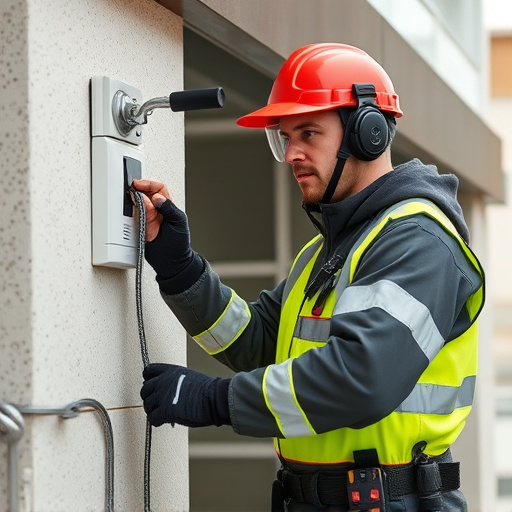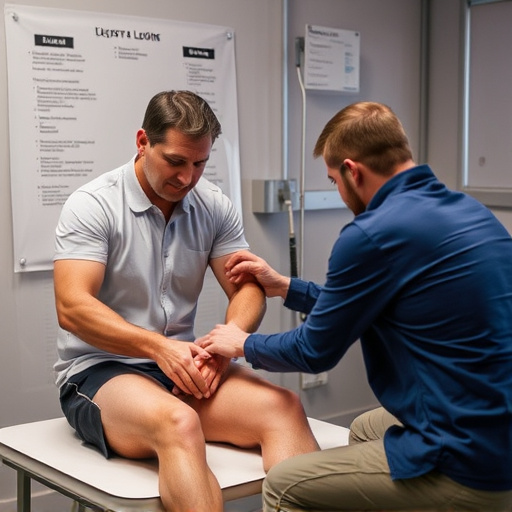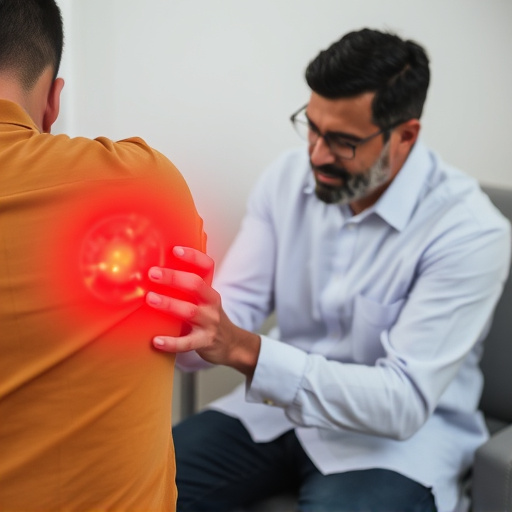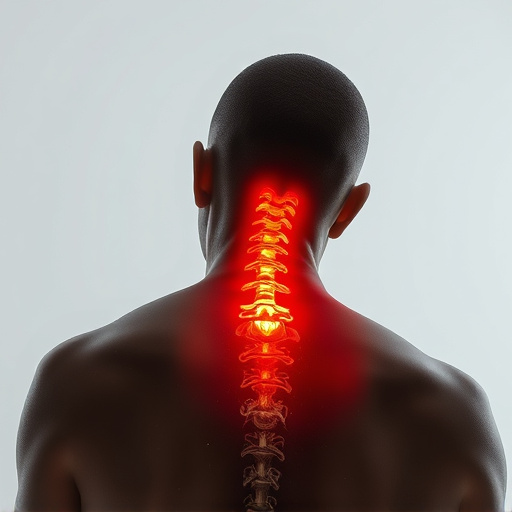Effective communication is motor vehicle accident care's cornerstone, facilitating accurate injury assessment and tailored treatment. Patients should actively participate by clearly articulating symptoms, accident details, and medical history to build trust and empower healthcare professionals to develop informed care plans, including strategies for headache relief and musculoskeletal recovery.
Effective communication is key when navigating the complexities of motor vehicle accident care. This comprehensive guide explores how to seamlessly collaborate with your healthcare team, ensuring optimal recovery. From understanding your crucial role in clear communication during these challenging times to active listening and conveying concerns effectively, each step empowers you to actively participate in your care. By following these strategies, you can build rapport and maintain open lines of dialogue throughout your treatment journey.
- Understanding Your Role in Effective Communication
- – The importance of clear communication during motor vehicle accident care
- – Establishing open and honest dialogue with your healthcare team
Understanding Your Role in Effective Communication

Effective communication is a two-way street when it comes to your motor vehicle accident care. While your healthcare team plays a vital role in providing medical expertise, understanding and adhering to their guidance is crucial for your recovery process. Active participation in this dialogue ensures that you receive tailored care for any resulting musculoskeletal injuries or whiplash treatment needs.
During your interactions with the care team, clearly articulate your symptoms, concerns, and questions. Be prepared to provide detailed information about the accident, including the sequence of events and the nature of the impact. This collaborative approach fosters trust and enables healthcare professionals to make informed decisions regarding your car accident injury care plan.
– The importance of clear communication during motor vehicle accident care
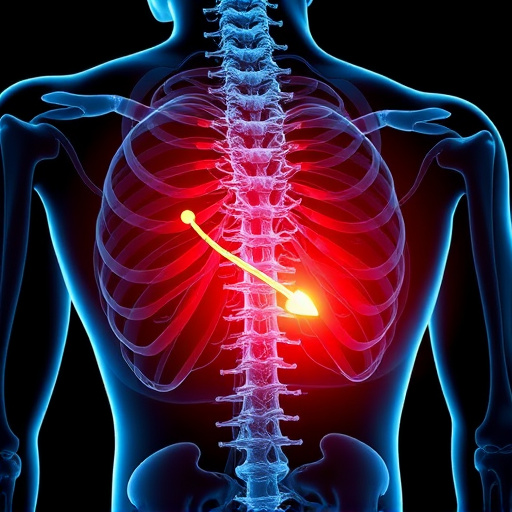
Effective communication is a cornerstone of successful motor vehicle accident care. When involved in an accident, it’s crucial to convey your medical history, symptoms, and concerns clearly to healthcare professionals. This ensures they can provide accurate assessments and tailored treatment plans for any injuries sustained, including potential soft tissue injuries that often occur in such incidents.
Open dialogue facilitates a faster recovery process. Patients who actively participate in discussing their wellness care needs and share details about their pain levels, limitations, and overall well-being enable healthcare providers to offer the best possible support. This can include recommendations for muscle recovery techniques and strategies to manage any ongoing discomfort or disability resulting from the accident.
– Establishing open and honest dialogue with your healthcare team
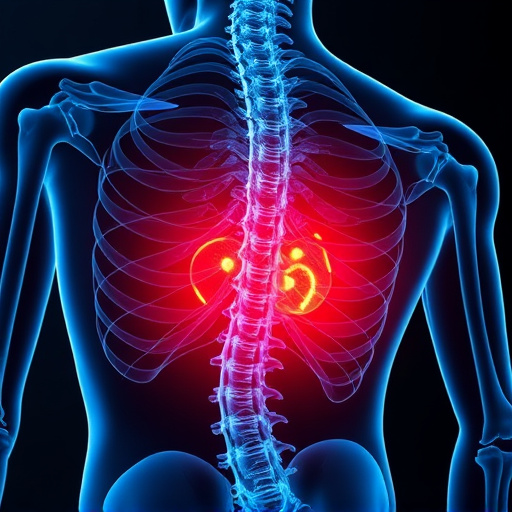
Effective communication is a cornerstone of successful motor vehicle accident care. When navigating the complexities of recovery after an accident, establishing open and honest dialogue with your healthcare team can significantly enhance your wellness care journey. Be transparent about your symptoms, including any persistent headaches or body aches that may require specialized treatment like chiropractic care.
Active participation in discussions empowers you to receive the most suitable care. Clearly express your concerns, ask questions regarding diagnoses, and actively listen to understand the recommended treatment plans. This collaborative approach ensures your healthcare team tailors their services precisely to your needs, contributing to effective headache relief and overall wellness care.
Clear communication is paramount in the chaotic aftermath of a motor vehicle accident. By actively engaging and openly sharing details with your healthcare team, you ensure your care aligns with your needs and preferences. This collaborative approach not only facilitates faster recovery but also fosters a sense of comfort and control during an otherwise stressful experience. Embrace honesty and accessibility – it’s key to effective motor vehicle accident care.

